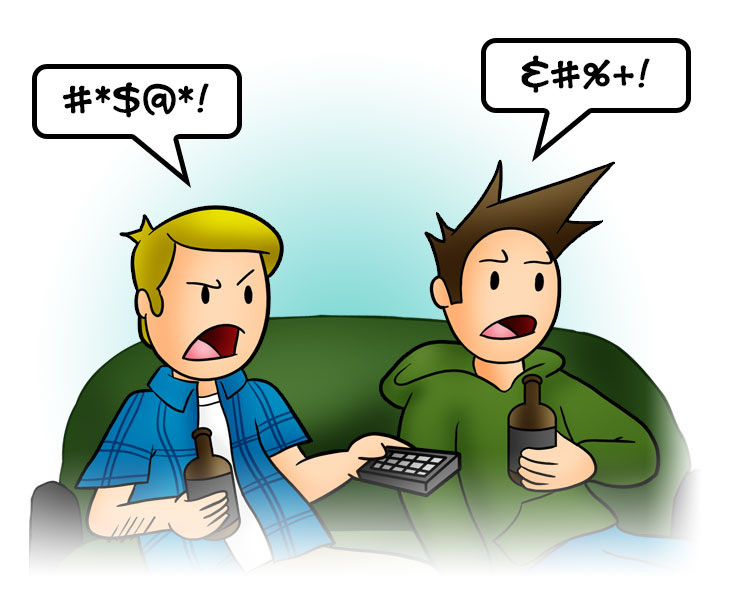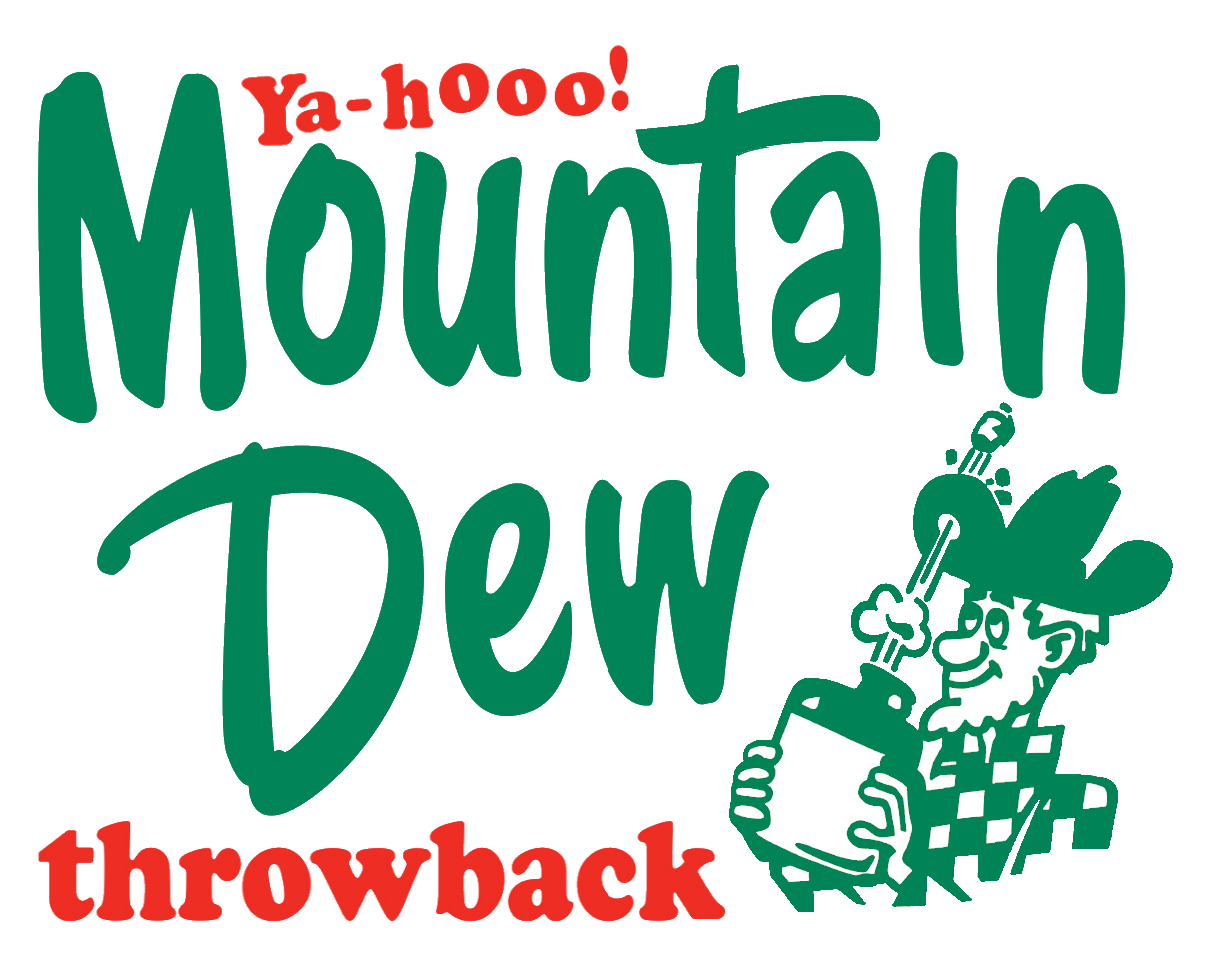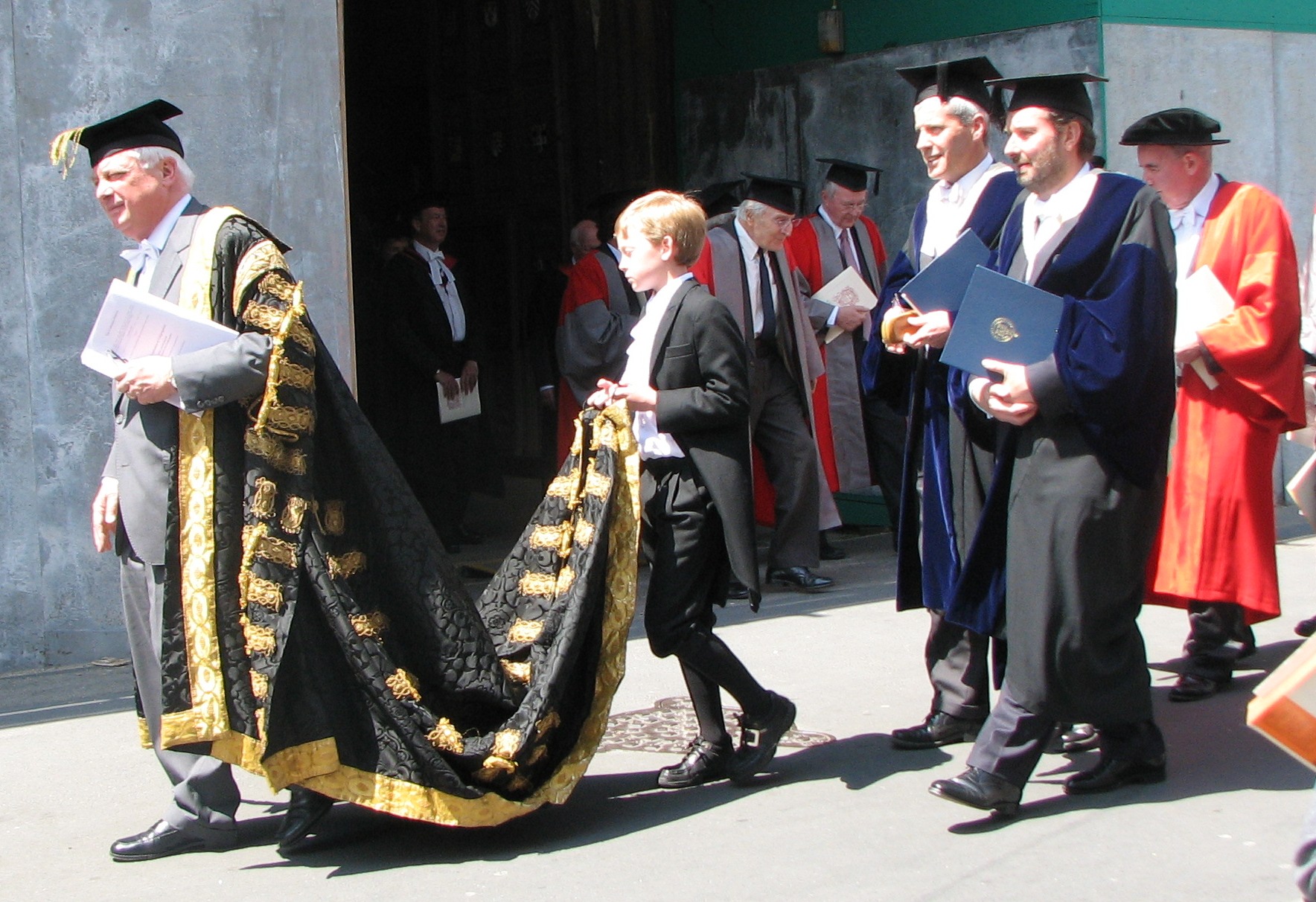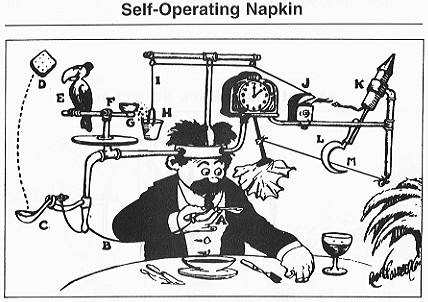
I find it interesting indeed that the OED Online puts our word’s most commonly used definition in 12th place: “Behaviour or speech appropriate to civil interactions; politeness, courtesy, consideration.” Perhaps that should not surprise us, as the word has more current and obsolete definitions than any I have covered for this series.
We have to peer back further than the 15th Century, when the word began to appear in English, for its origin and former utility. Here the OED gives us “Latin cīvīlitāt-, cīvīlitās art of civil government, politics.” Consider the words that come from those roots: civil, civilization, civilized. They presume a measure of tolerance and cooperation needed to live together, not engage in constant civil war.
That sense of neighbors in conflict takes us to the first cousin of civility, “civil.” When I taught criminal-justice writing, I often took my students to court in Monroe County, Indiana. We sat in on both criminal and civil cases, the latter often over civil disputes between neighbors or family members, rather than between a citizen and the State or locality.
The purpose of these courts? To maintain civility in the area, in order to avoid civil conflict. That sensibility underlies the work of civil society organizations.
Is civility dead today? That is a good question explored by Dr. Thomas Plante. Read and decide for yourself.
Please nominate a word (or metaphor!) useful in academic writing by e-mailing me (jessid -at- richmond -dot- edu) or leaving a comment below.
See all of our Words of the Week here.
Image by Threeboy from Richmond, Canada (Jay & Trey Cartoon Swearing) [CC BY 2.0 ], via Wikimedia Commons










